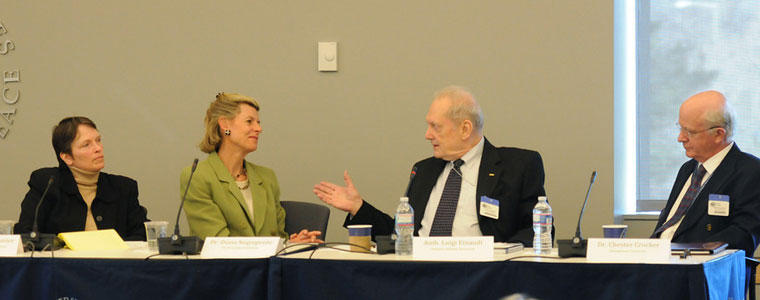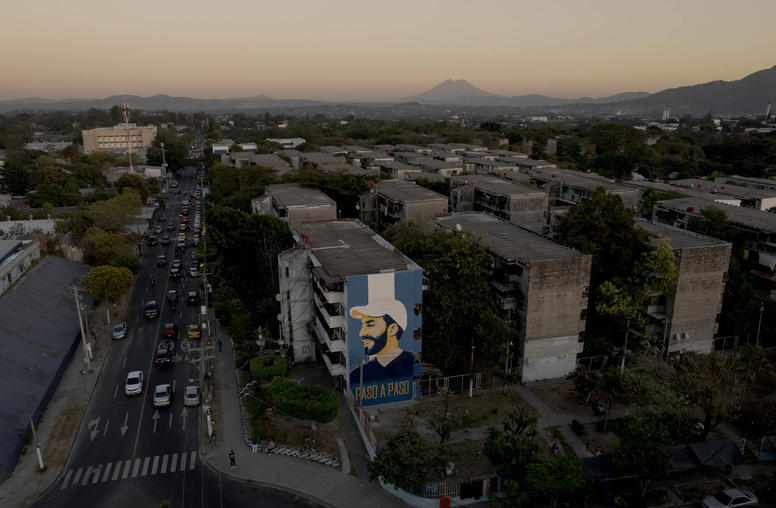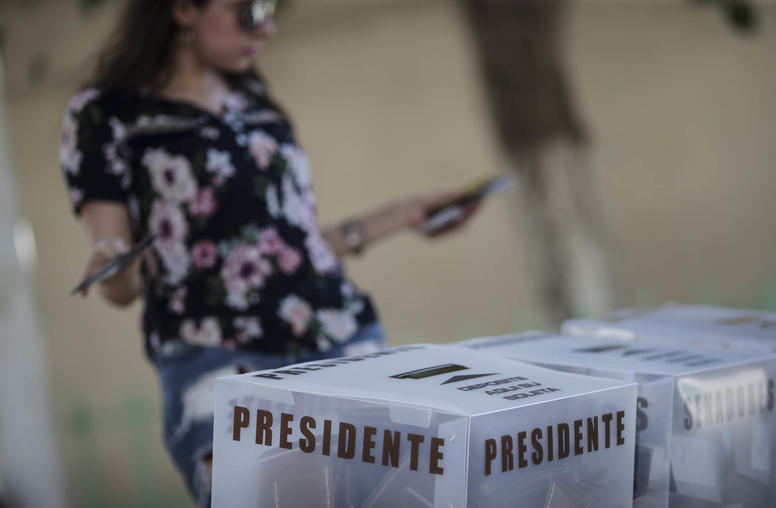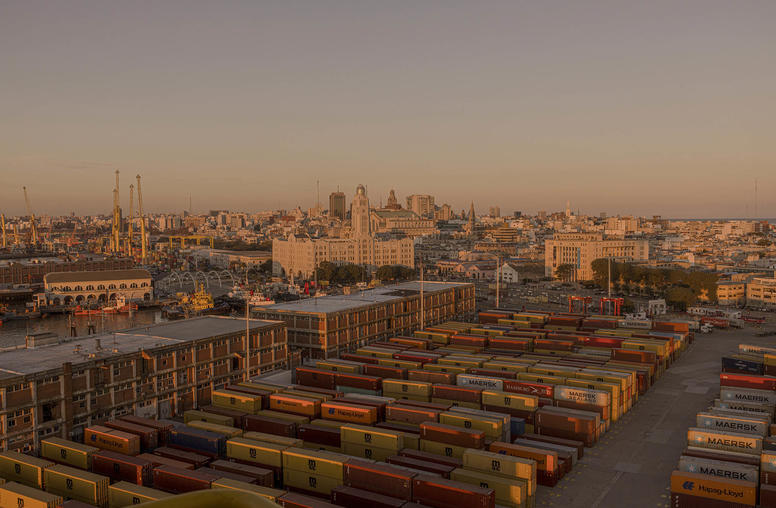Mediation in Latin America
The United States Institute of Peace brought together a diverse group of speakers to discuss the roles of the international community, particularly the United Nations and regional institutions in the peace processes in Latin America.

Twenty years ago, the Salvadoran government and the FMLN reached an agreement after two years of negotiations and brought an end to 10 years of civil war in El Salvador. Although the peace has held and political reintegration appears to have been successful, violence in El Salvador today is as high as it ever was during the civil war.
In her new book, Seeking Peace in El Salvador, Diana Negroponte examines the works of Alvaro de Soto, the United Nations Secretary-General's personal representative for the Central American Peace Process, and the establishment of a U.N. Truth and Reconciliation Commission and the peacekeeping role of the United Nations Observer Mission in El Salvador (ONUSAL).
The role of mediation plays an increasingly crucial role in providing third-party support for resolving long-standing conflicts. As the world economic crisis continues to loom large, mediation is a cost-effective mechanism to resolve violent conflicts around the world, and new institutional mechanisms are being designed to address these growing mediation needs. Reflecting on lessons from past mediation experiences—in El Salvador and beyond—can help shape international efforts to support peacemaking in the future.
The United States Institute of Peace (USIP) brought together a diverse group of speakers to discuss onmediation experiences and lessons from Latin America.
Speakers
- Diana Villiers Negroponte, panelist
Nonresident Senior Fellow, Foreign Policy, Latin America Initiative
The Brookings Institution - Dr. Chester A. Crocker, panelist
Former Member of USIP Board of Directors
James R. Schlesinger Professor of Strategic Studies
Georgetown University's Walsh School of Foreign Service - Ambassador Luigi Einaudi, panelist
Distinguished Visiting Fellow
Institute for National Strategic Studies at the National Defense University - Virginia Bouvier, moderator
Senior Program Officer, Latin America
United States Institute of Peace


